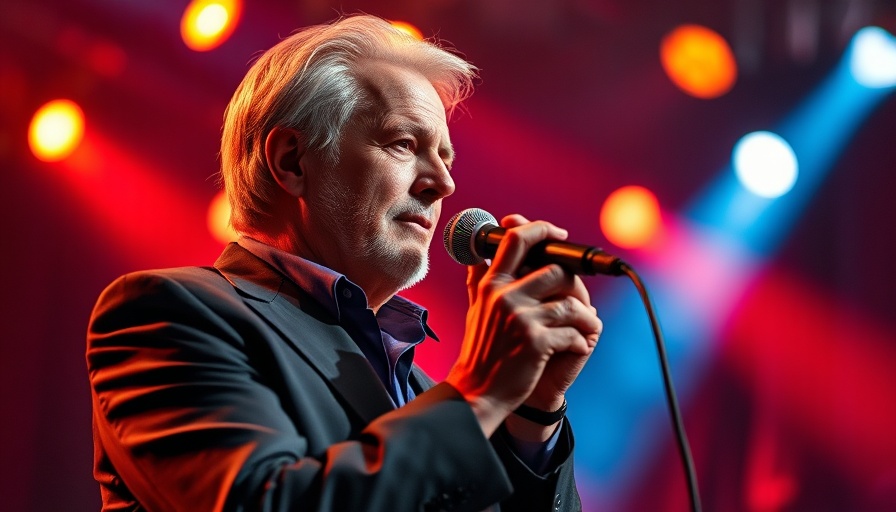
H1: Paul McCartney's Urgent Plea: Protecting Artists in the AI Era
In a candid recent interview with the BBC, the legendary musician Paul McCartney has underscored a pressing issue that resonates beyond the music industry: the need for stronger protections for artists against the encroaching threat of artificial intelligence (AI). With proposed changes to UK copyright law poised to allow tech companies to leverage online content freely, McCartney's call to action serves as a critical reminder of the importance of safeguarding the rights and earnings of creative individuals.
The Dangers of Unchecked AI Utilization
McCartney's concerns center on the idea that young, aspiring artists could see their original works exploited without any legal recourse. He expressed a deep worry that "[the money’s going somewhere]" but not to the artists who deserves it. This sentiment echoes a broader concern among many in the creative fields: if AI technology is allowed to proliferate without adequate regulation, it could undermine the very foundation of artistic creativity.
Balancing Innovation with Protection
Interestingly, McCartney does not dismiss the potential of AI outright. He previously utilized AI to enhance a John Lennon demo, creating what he termed "the last Beatles record." His nuanced perspective illustrates that while there are benefits to using AI in music, there is an essential boundary that must not be crossed concerning copyright and ownership.
Why Government Action Is Crucial
McCartney's rallying cry, “We’re the people, you’re the government!” is a powerful assertion of accountability aimed at lawmakers. It emphasizes the importance of public engagement in the crafting of policies that directly impact artists and society as a whole. In a landscape where technology evolves rapidly, it’s vital the government acts decisively to protect the rights of creators.
Looking Ahead: The Future of Artistic Expression
As conversations around AI continue to grow, the implications for artists are profound. This is not just an issue for those in the music industry; it sets precedents for all forms of creativity. If effective measures are not implemented, we may witness a stifled creative landscape dominated by tech giants at the expense of individual artists and their ability to thrive.
 Add Row
Add Row  Add
Add 




Write A Comment